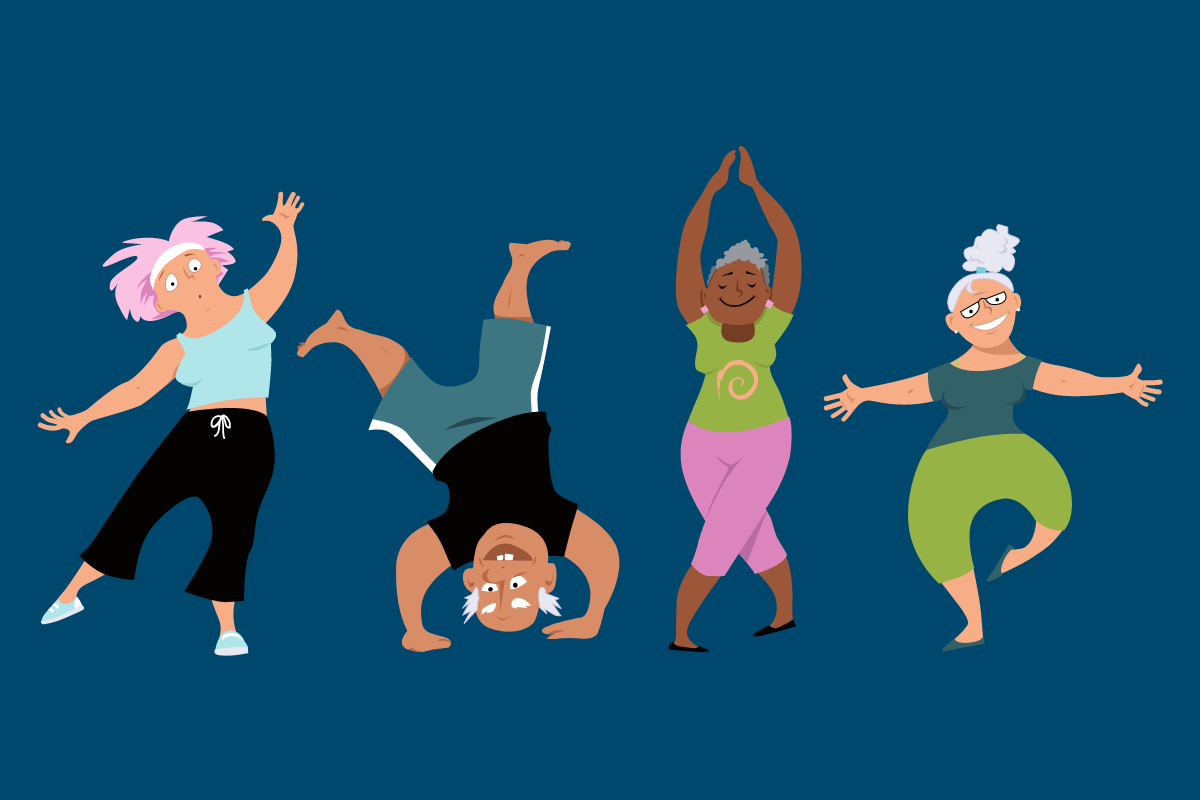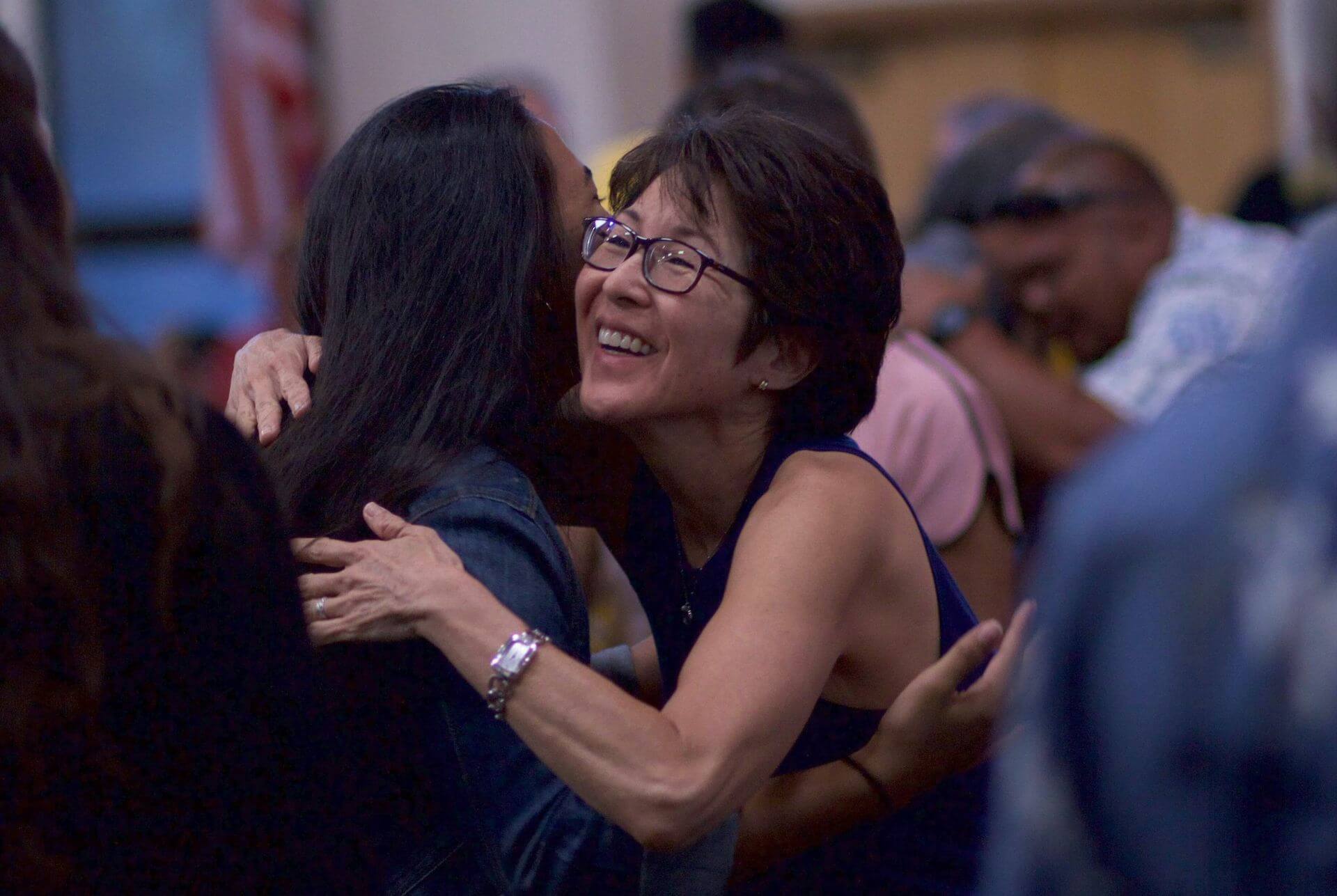Whether it’s booking an Uber, emailing a friend, or paying bills online, technology can make our lives a whole lot easier.
But some of our older loved ones are still struggling to keep up with the digital world.
Studies show the number of older Australians who owned a smartphone increased in 2021. The COVID era was a catalyst for seniors to get online with the introduction of QR codes to check into venues, and lockdowns forcing us to stay connected via technology.
But while more seniors are going digital, their confidence with technology isn’t necessarily increasing.
“The views seniors expressed in the 2021 survey clearly highlight the important fact that using technology does not imply comfort with it.”
– Professor John McCallum, National Seniors Chief Executive and Director of Research
We offer tips to help older loved ones feel confident online and make the most of digital services that may enrich their lives.
Keep it simple
Even the most tech-savvy person can quickly become overwhelmed by all the latest gadgets and apps out there.
Reduce the risk of overwhelm and intimidation by sticking to the basics and keeping it simple.
Some basic tech skills might include:
- How to send a text message
- How to take and send a photo
- How to change settings on their mobile (e.g. volume and text size)
- Basic internet browsing
- How to create and save a document
- Basic email (signing in, receiving, replying).
Tailor to their interests
If your older loved one has particular interests or needs, be sure to keep these in mind when teaching them technology.
There might be specific apps or platforms that could make their life easier or more enjoyable.
For example, if they don’t drive or have mobility issues, they might like to learn how to pay bills online and order their groceries to be delivered.
If they want to stay in touch with family overseas, they might like to create a Facebook account and learn how to use Messenger.
Emphasise the benefits
It’s normal to become frustrated when learning something new. If they’re not “getting it” right away, your older loved one might become defeated and resistant.
Remind them of why it’s important to learn these things and how it can make their lives better.
Benefits might include:
- Social connection
- Safety
- Convenience
- Entertainment.
Be patient
It can take a lot of time to learn new digital skills – especially for people who didn’t grow up with smartphones, laptops, social media, and Google.
Be patient and kind with your loved one as they learn. It’s a brave (and likely uncomfortable) step for them to take, and they’re trusting you to support them on this journey.
Encourage them to take notes
Writing things down with pen and paper in a way that makes sense to them may help your loved one retain information.
Plus, it’s handy to have notes and instructions to refer to later.
Speak slowly and help them write down any important steps and processes correctly.
Don’t forget about cyber security
Unfortunately, seniors can be more vulnerable to online scams.
You can help protect their safety by teaching them about cyber security.
Some important tips include:
- Ensure devices are password-protected
- Don’t share your passwords with anyone
- Watch out for phishing scams and only open emails and links from people you trust
- Don’t share your personal information or bank details with a website you don’t trust
- Never believe that someone you don’t know is going to give you money
- If you never entered a lottery, you did not win the lottery
- Have good anti-virus and firewall software in place
- Reach out for help when needed.
Senior support services
RAQ offers support to older people in Queensland through a range of free services aimed at providing education, advice, and referrals.
This includes our free Senior Social Connection Program, helping older people in the Northern Sunshine Coast and Gympie region connect with local services, meet likeminded peers, and improve their community connections.
You can learn more about our range of Senior Relationship Services here, or call 1300 364 277 for help finding the right support.
We list some of the signs of loneliness in the elderly in this blog post and how you can help in this blog post.







